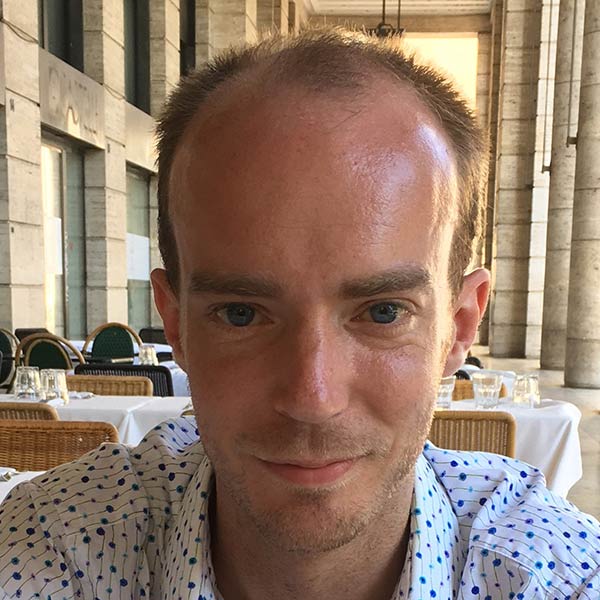My name is William Carruthers and I am a Leverhulme Trust Early Career Fellow researching at UEA in the school of Art, Media and American Studies.
Research interests:
I work on the history of archaeology, heritage, and decolonisation. At UEA, I’m researching the work of the Archaeological Survey of India (ASI), founded in 1861 under the British Raj, across the post-colonial world. In a project called “Making Global Heritage: Afro-Asianism and the Archaeological Survey of India”, I’m examining how and why the ASI came to work in various newly independent countries from the 1950s onwards. I’m also thinking about what that work meant for the knowledge that the ASI created, especially given the organisation’s colonial history and India’s role in non-alignment and Afro-Asian networks.
What appealed to you about your fellowship?
A Leverhulme Early Career Fellowship allows me the freedom to do my own research at the same time as allowing me to gain a certain amount of teaching experience. As a result, it provides the perfect balance of research autonomy and interaction with the students and departmental colleagues who help to put that research into perspective through discussion.
The fellowship also provides a generous amount of additional research and travel funding, and gives me leeway to use that money as I see fit. Given that my research involves a significant amount of travel (many of the sources that I will use for my project are located in Delhi), having a Leverhulme Early Career Fellowship is really valuable.
"...it provides the perfect balance of research autonomy and interaction with the students and departmental colleagues who help to put that research into perspective through discussion."
How's it going so far?
The fellowship is going well. I’ve been working out a research plan and am making my first trip to Delhi to look at archival material soon. In the meantime I’ve been starting to teach (the students are really enthusiastic), and have also been discussing my work with colleagues in the Department of Art History and World Art Studies: Christina Riggs, Dan Rycroft, and Ferdinand de Jong in particular all have interests that overlap with mine, so it has been good to talk over my project with them.
Any advice for would-be-fellows?
If you’re applying for a similar fellowship, look around for faculty members who share your research interests. I think that one reason my fellowship application was successful was that I could provide credible reasons as to why I wanted to come to UEA to work with, and learn from the expertise of, various academics based here. I don’t think that that advice is UEA-specific, but I do think that giving specific reasons for being here did really help my application progress both with UEA and, later, with the Leverhulme Trust itself.
William's Project
My current project builds on my earlier work, which examined archaeology, heritage and decolonisation in Egypt and Sudan, and makes use of otherwise under-utilised Arabic-language sources. I’m currently finishing a book manuscript related to that research provisionally entitled Flooded Pasts: Heritage, Decolonisation, and UNESCO’s Nubian Campaign. The book examines UNESCO’s International Campaign to Save the Monuments of Nubia, which took place from 1960 to 1980 in Egypt and Sudan, and is often seen as fundamental to the development of world heritage as we understand it today.

:focus(1907x1030:1908x1031))
